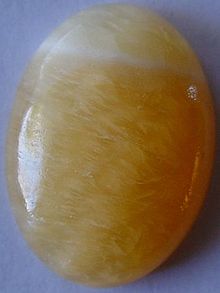impurity
Jump to navigation
Jump to search
English[edit]
Etymology[edit]
impure + -ity. From Middle French impurité, from Latin impuritas.
Pronunciation[edit]

Noun[edit]
impurity (countable and uncountable, plural impurities)
- The condition of being impure; because of contamination, pollution, adulteration or insufficient purification.
- Even animals in the Jewish system cause impurity only when they are dead.
- A component or additive that renders something else impure.
- The impurities in the iron ore made extraction of the iron very difficult.
- 2013 June 1, “A better waterworks”, in The Economist[1], volume 407, number 8838, page 5 (Technology Quarterly):
- An artificial kidney these days still means a refrigerator-sized dialysis machine. Such devices mimic the way real kidneys cleanse blood and eject impurities and surplus water as urine.
- A state of immorality or sin; especially the weakness of the flesh: inchastity.
- With his cheating, lying and stealing, he epitomised the impurity of humanity.
Synonyms[edit]
Antonyms[edit]
Translations[edit]
the condition of being impure
|
a component or additive that renders something else impure
|
a state of immorality
|
- The translations below need to be checked and inserted above into the appropriate translation tables. See instructions at Wiktionary:Entry layout § Translations.
Categories:
- English terms suffixed with -ity
- English terms derived from Middle French
- English terms derived from Latin
- English 4-syllable words
- English terms with IPA pronunciation
- English terms with audio links
- English lemmas
- English nouns
- English uncountable nouns
- English countable nouns
- English terms with usage examples
- English terms with quotations